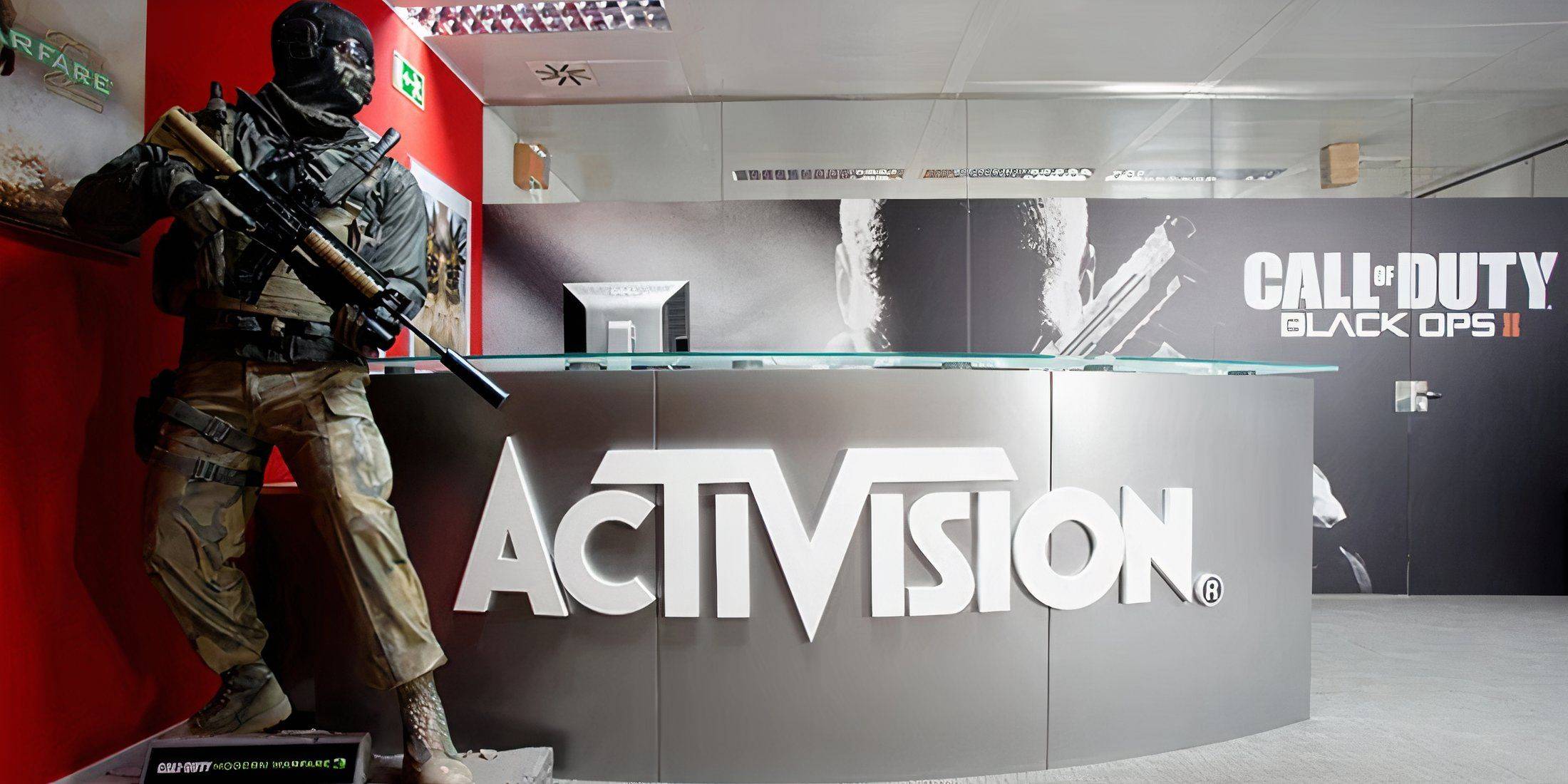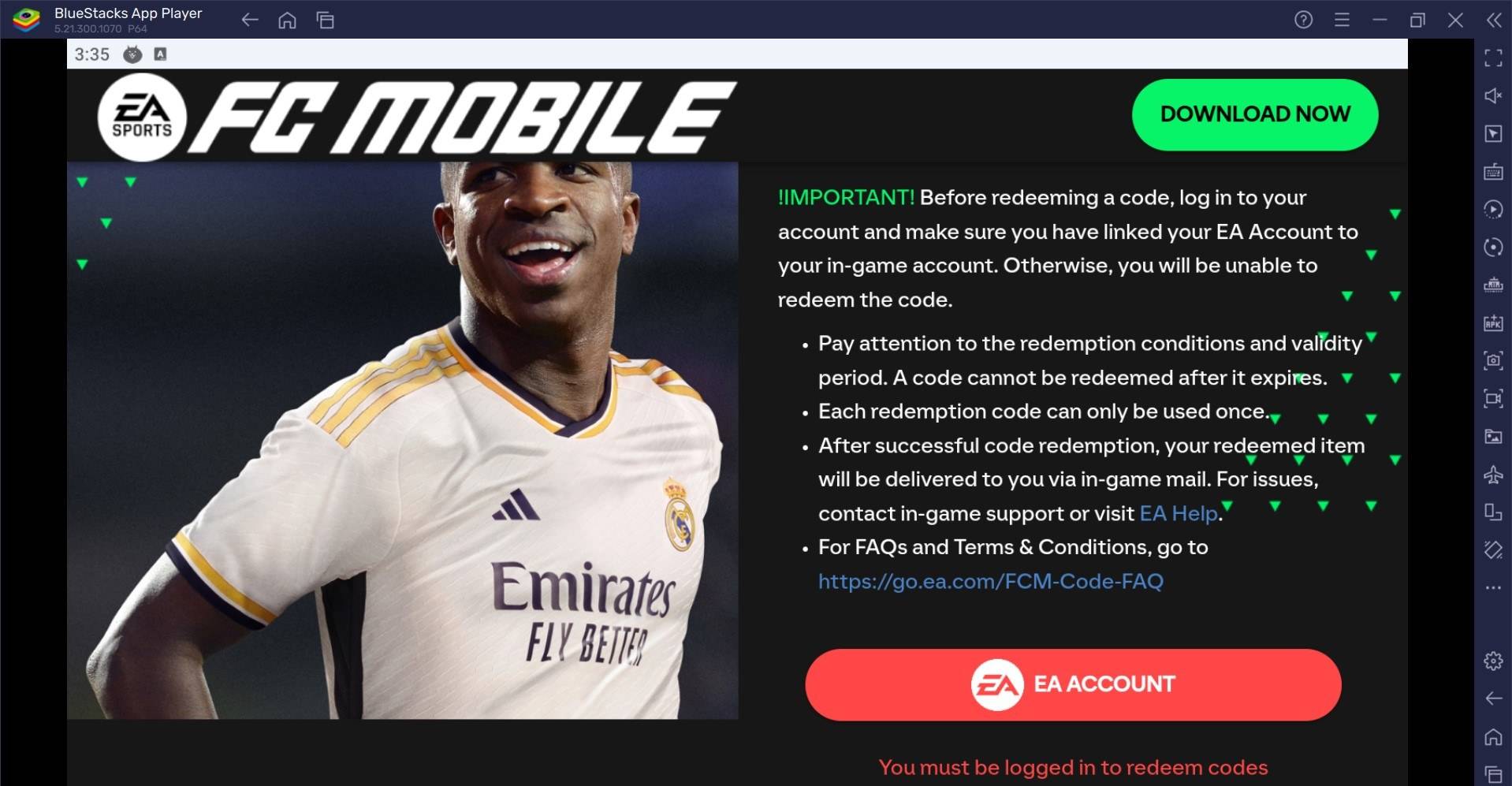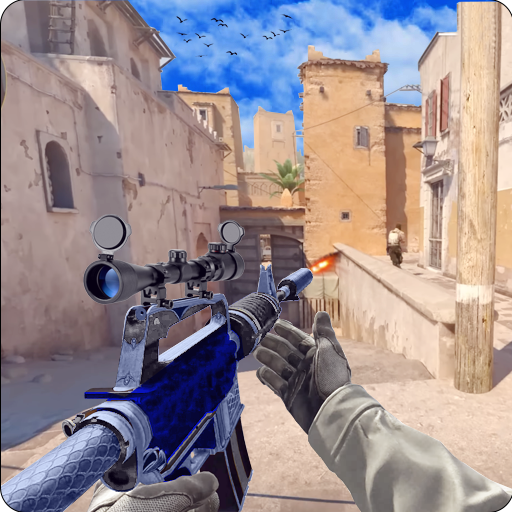
Summary
Activision vigorously refutes claims linking its Call of Duty franchise to the Uvalde tragedy, asserting its content is constitutionally protected free speech under the First Amendment. Expert declarations submitted by Activision directly counter the plaintiffs' assertion that the game served as "mass shooter training." The Uvalde families have until late February to file their response to Activision's extensive defense.
In response to lawsuits filed in May 2024 by families of the Uvalde school shooting victims, Activision has mounted a robust legal defense. These lawsuits allege a causal link between violent content in Call of Duty and the actions of the shooter.
The May 24, 2022 Robb Elementary School shooting tragically claimed the lives of 19 children and two teachers, injuring 17 others. The 18-year-old perpetrator, a former Robb Elementary student, was a known Call of Duty player, having downloaded Modern Warfare in November 2021. He used an AR-15 rifle, similar to those depicted in the game. The lawsuit also implicated Meta (through Instagram) for allegedly facilitating the shooter's connection to firearm manufacturers and exposure to AR-15 advertisements. The families argue that both Activision and Meta fostered a harmful environment that exploited vulnerable adolescents, indirectly encouraging violence.
Activision's December filing, a 150-page response to the California lawsuit, categorically denies all allegations of causality. The company seeks dismissal under California's anti-SLAPP laws, designed to protect free speech from frivolous litigation. Activision further underscores Call of Duty's status as protected expression under the First Amendment, arguing that the lawsuit's reliance on "hyper-realistic content" is a direct attack on this fundamental right.
Activision's Defense Strategy
To bolster its defense, Activision submitted a 35-page declaration from Notre Dame professor Matthew Thomas Payne. Professor Payne argues that Call of Duty's depiction of military conflict aligns with established conventions in war films and television, refuting the "mass shooter training camp" characterization. A separate 38-page declaration from Patrick Kelly, Call of Duty's head of creative, details the game's development process, including the $700 million budget allocated to Call of Duty: Black Ops Cold War. These submissions are key components of Activision's broader effort to dismantle the plaintiffs' legal arguments.
The extensive documentation submitted by Activision awaits a response from the Uvalde families by late February. The outcome remains uncertain, but the case highlights the ongoing societal debate surrounding the potential link between violent video games and mass shootings.















